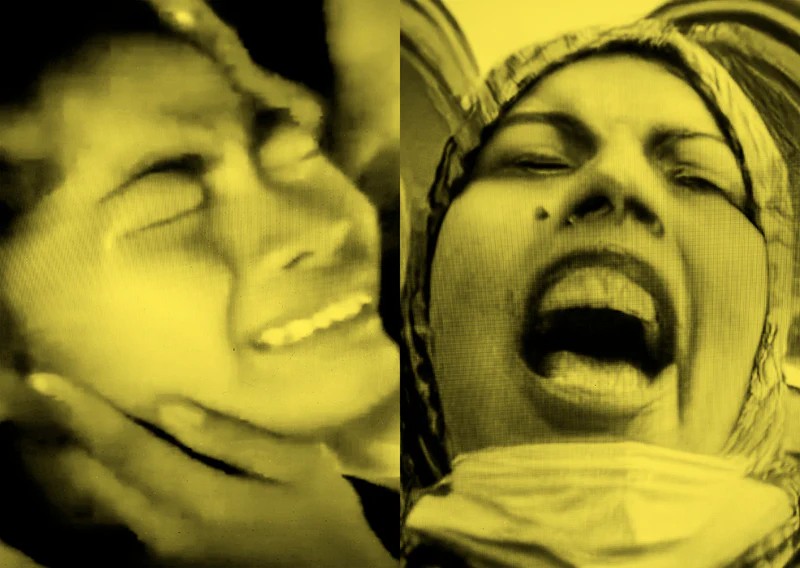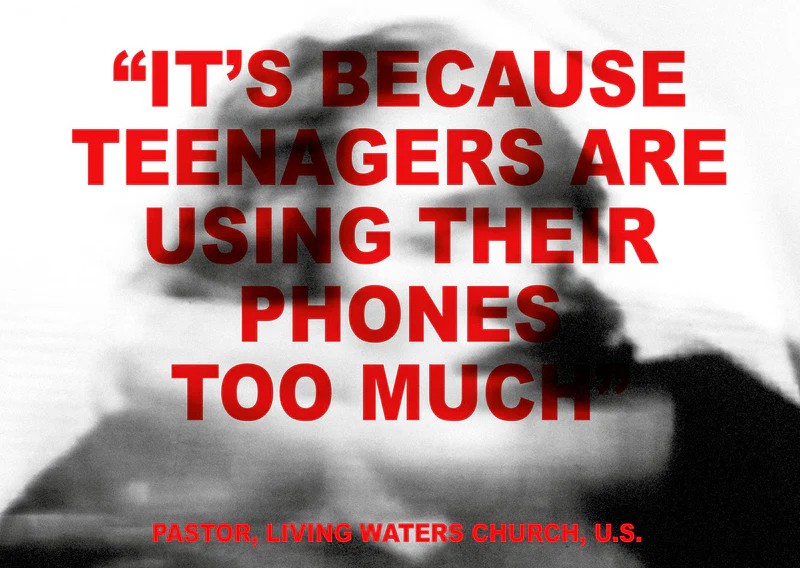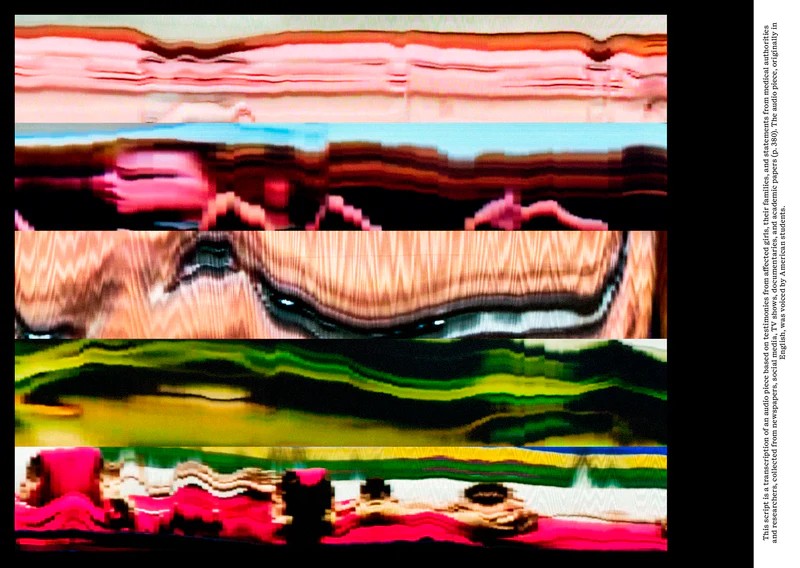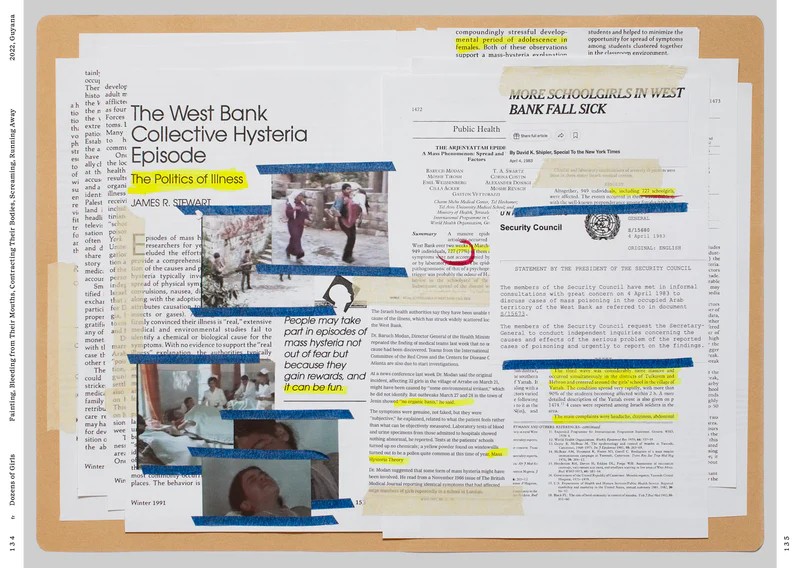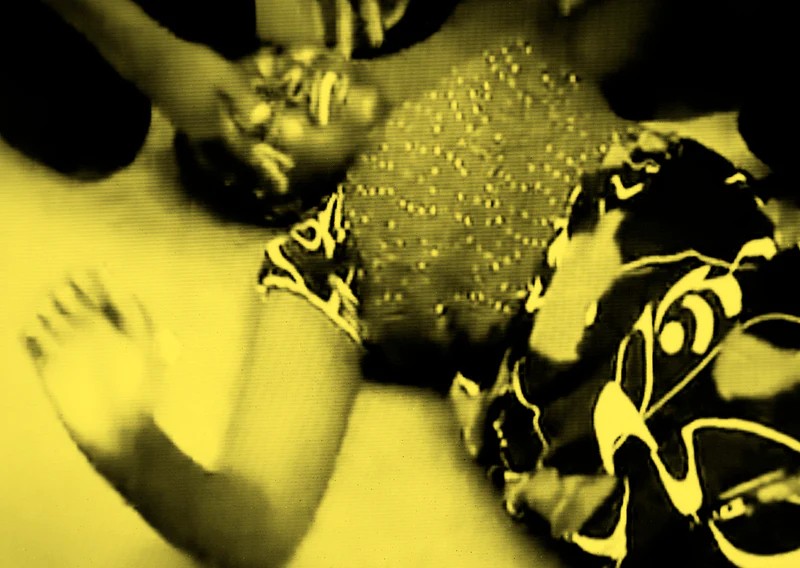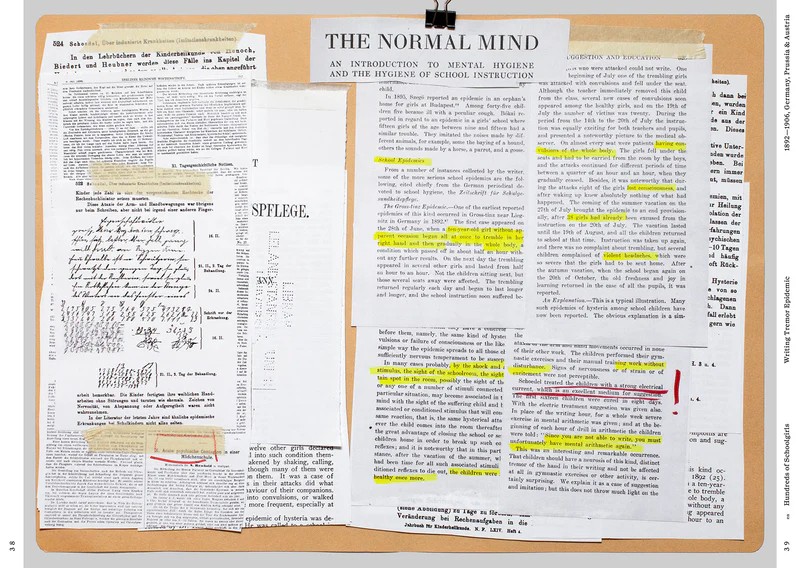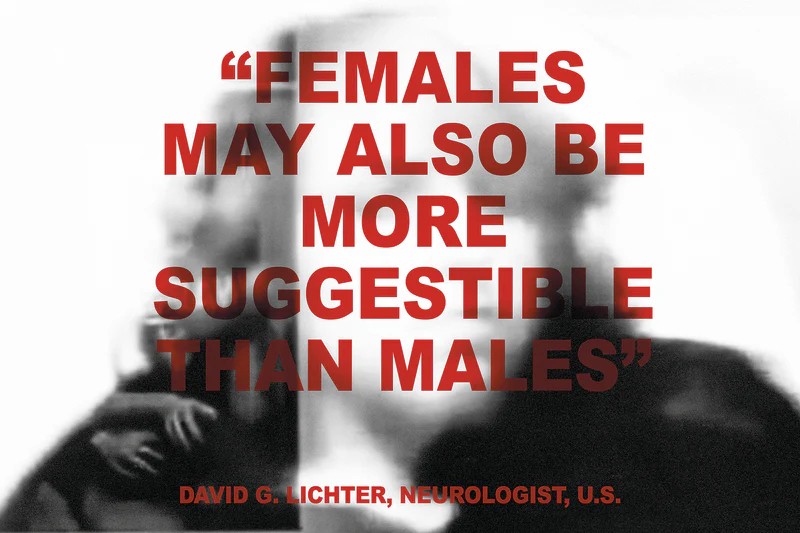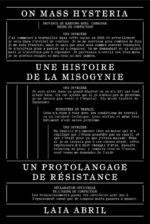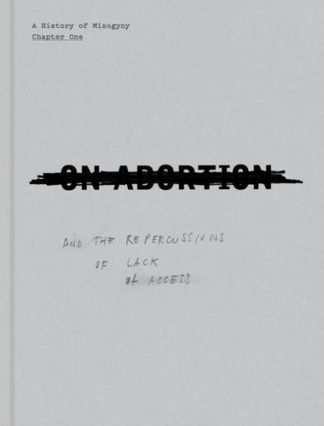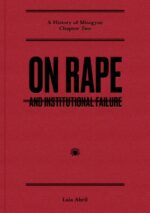Mass Hysteria, or Mass Psychogenic Disorder—a term now more widely accepted—arises in tightly knit environments burdened by unbearable and inescapable social circumstances. When a stress trigger event unfolds, the group starts experiencing uncontrollable motor symptoms simultaneously, such as trembling, weeping, twitching, ticking, or even fainting. These involuntary symptoms, often resembling trance-like states, can persist for months and have non-organic origins.
Although studied from diverse cultural and academic interpretations, two essential questions remain unresolved: How does it spread, and why does it predominantly affect young women, especially teenage girls?
In On Mass Hysteria, the genesis chapter of ‘A History of Misogyny’, Laia Abril visualises the historical and contemporary societal interpretations of outbreaks termed as ‘mass hysteria’. Abril gives form to an anthropological theory viewing these psychosomatic outbreaks as a female proto-language of protest, triggered by oppressive systems, collective pain, and transgenerational trauma.
Abril interrogates Western society’s views, including medical and academic analyses, that overlook female suffering, hypermedicalise women, and neglect alternative explanations from spiritual and Indigenous beliefs. The project seeks to redirect the narrative away from victim-blaming towards a critical examination of the role of societal and political oppression in manifesting collective illness.
Author of several award winning books including The Epilogue, On Abortion and On Rape, Laia Abril was a finalist for the Deutsche Börse Prize and winner of the Aperture-Paris Photo Book Award. She has exhibited in over 15 countries and her work is in major collections worldwide. She has received the Prix de la Photo, the RPS Hood Medal, RPS Honorary Fellowship, the FOAM Paul Huff Award and the Spanish National Award.


